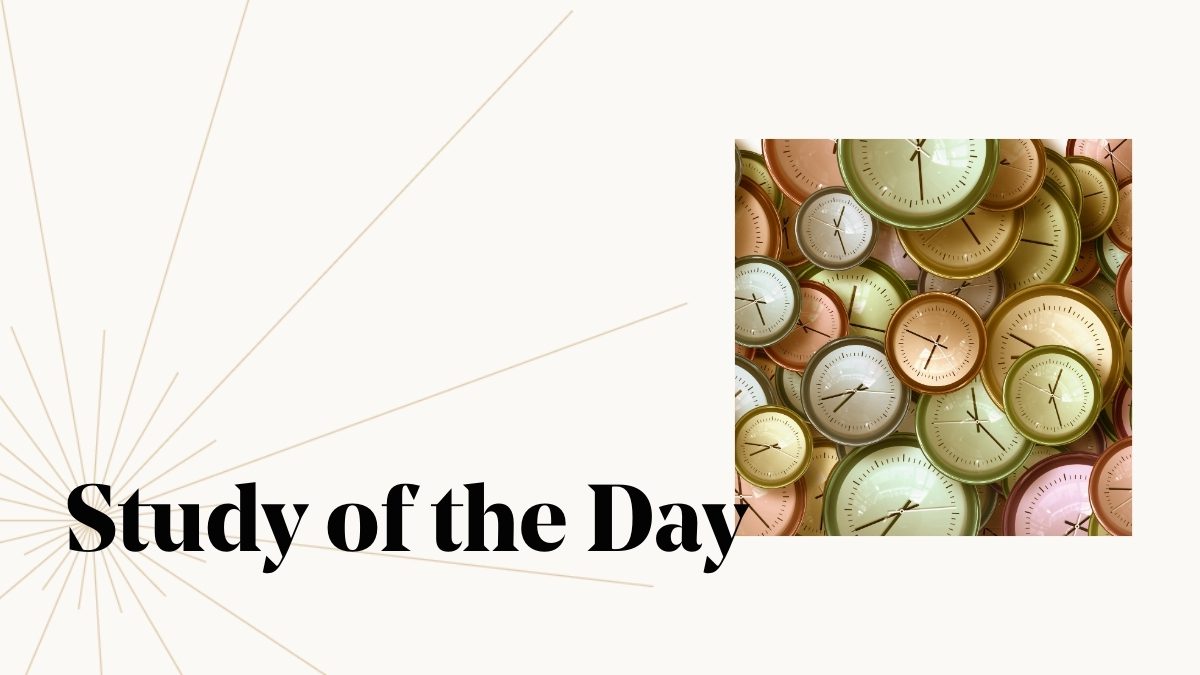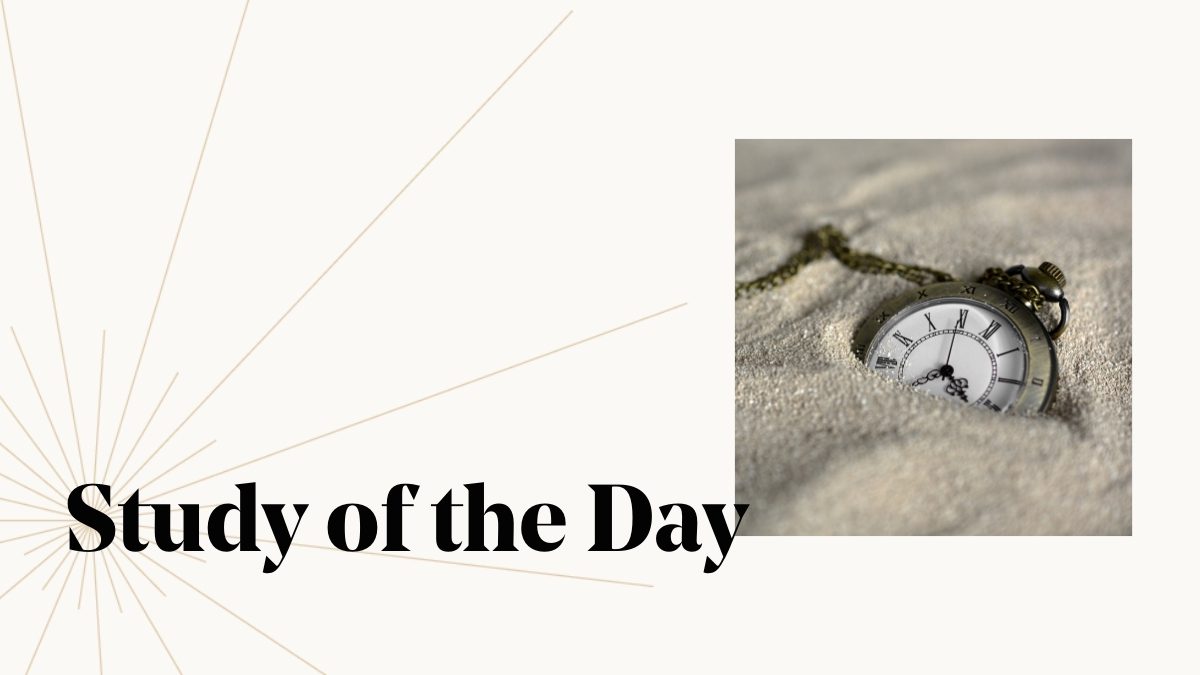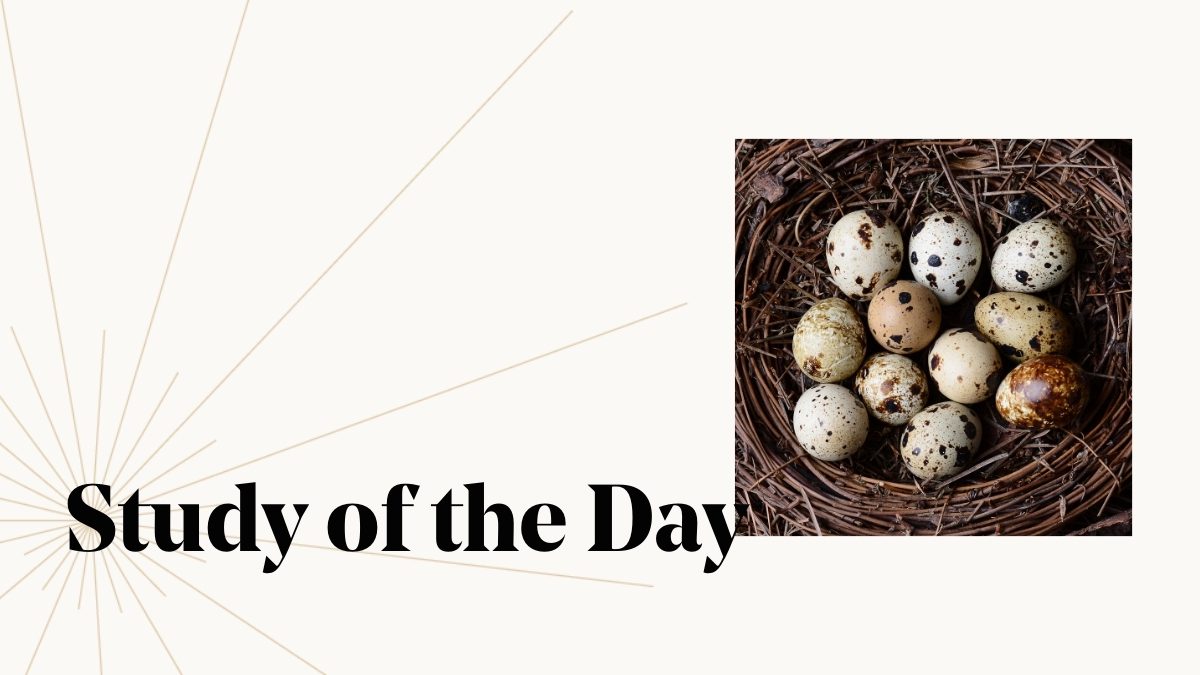In our Study of the Day feature series, we highlight a research publication related to a John Templeton Foundation-supported project, connecting the fascinating and unique research we fund to important conversations happening around the world.
Putting off doing your taxes until the last minute has been a cliche from the beginning — in 1954, on the very first time that U.S. federal and state income taxes came due on April 15, the New York Times assigned reporters to cover the predicted chaos of last-minute filers. The resulting lede: “Federal and state income tax collectors were pleasantly surprised yesterday. The expected last-minute deadline rush of those filing 1954 returns failed to materialize at any of the offices.”
Last-minute tax filing provides a classic case of procrastination’s self-defeating effects: there’s no upside, and for anyone waiting on a refund there’s a real financial cost to delay. Over the years psychologists of procrastination have proposed a broad catalog of character challenges that procrastinators might struggle against: they lack self-control, they’re disorganized, they’re overwhelmed, neurotic, depressed.
For psychologists Javier Samayoa and Russell Fazio, the core of procrastination may boil down to a single, simple question. In “Do I want to do this now? Task delay as a function of valence weighting bias,” Samayoa and Fazio argue that a key source of procrastination is a mismatch between how people weigh the positive and negative aspects of a future task — those who tend to think something will be more difficult or unpleasant than is it is actually likely to be will be more likely to put it off.
Enter the Bean-Counters
To evaluate this hypothesis, Samayoa and Fazio surveyed hundreds of self-identified early and late tax filers and used an online bean-counting game that teases out people’s propensity to estimate the potential positive or negative aspects of novel game pieces. They found that the people with a negative weighting bias (those who tended to emphasize the potential negative results of playing a new game piece) were more likely to delay submitting their tax returns — and that those with the greatest tendencies for delays also had the most negative weighting bias.
But there’s hope for late filers: in a follow-up study, Samayoa and Fazio showed that if you can use an intervention to recalibrate a procrastinator’s weighting bias (in this case using a modified version of the bean-counting game), there is a measurable reduction in procrastination over the following two weeks — not just while playing the game, but in other activities as well. Why does this work? Recalibration within the game is successful, Samayoa and Fazo write, “because it does something the real-world seldom does: it provides intense, consistent feedback over multiple trials about how one is weighing positive and negative signals when judging novel stimuli.”
It’s a recalibration that just might help procrastinators make future tax seasons a little less taxing.
Still Curious?
Read the article: Do I want to do this now? Task delay as a function of valence weighting bias
Learn about and play BeanFest, the game used for studying valence weighting bias
Nate Barksdale writes about the intersection of science, history, philosophy, faith and popular culture. He was editor of the magazine re:generation quarterly and is a frequent contributor to History.com.



